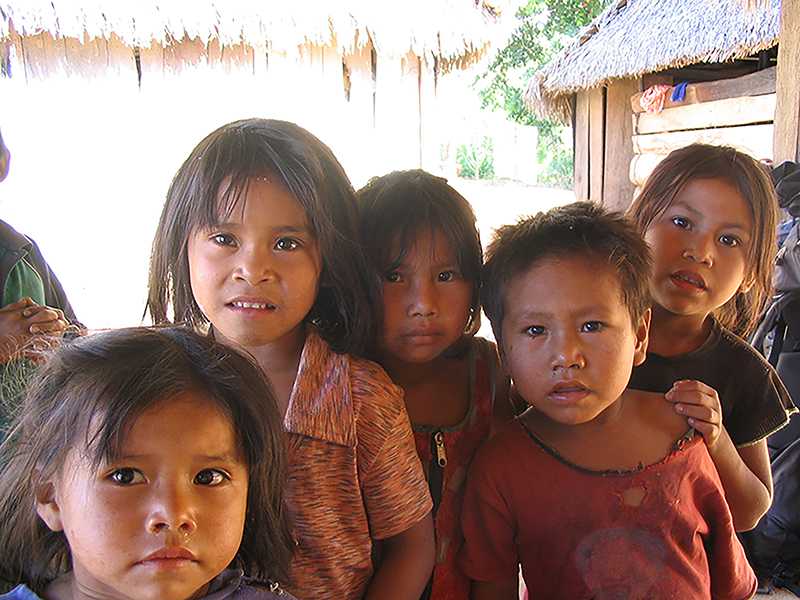The sun peeks through the cracks of their one room hut. Their bellies grumble, begging for nourishment. Their young bodies ache from the labor of yesterday, and in just a few hours, the same strenuous work awaits them. This is their life, yet they are not always sad or depressed. In America today, we enjoy lives of privilege compared to our foreign counterparts, and it is important to pause and reflect on how the rest of the world lives from day to day.
“American people are not dependent on anyone but themselves because they don’t have to be,” health science teacher Emily Weesner said. “If you need something, you go out and get it,”
Many countries with customs different from those of the United States typically live a community based lifestyle. Because of this, relationships between the country’s people have statistically proven to be richer and deeper than those prevalent in the United States.
“In my recent trip to the Dominican Republic, it was evident they had to be dependent on their community just to survive,” Weesner said. “They love each other, they help each other, and they are kind to each other.”
The United States is often referred to as the “Land of Excess” and subsequently has the one of the highest rates of nation-wide depression in the world. In contrast, countries of lesser income have significantly less residents battling depression.
“I see a lot less joy in Americans despite the excess because we are so caught up in all this stuff, whereas in the Dominican Republic they didn’t even have running water or electricity and they still had joy,” Weesner said. “Luxuries aren’t necessarily bad, but I think we should be more grateful for the things and opportunities that we do have access to as Americans.”
A colossal difference in less fortunate countries and the United States is the education system. Many countries have less educational opportunities and less money to go towards the teaching of students.
“Children in many parts of Peru don’t have good education available to them,” Spanish teacher Daniel Devisscher said. “Education is very expensive in South America and it isn’t uncommon for children to be working for their families rather than receiving an education.”
Children of all ages are seen running around without shoes and sometimes without clothing in South and Central American countries. The environment is exceedingly different than that of the United States.
“I think the United States is viewed as a hypersensitive culture,” Devisscher said. “With everything we do and say, we are walking on these political eggshells. In South American countries, you see so much more acceptance in who people really are.”
In the U.S. it is a familiar occurrence to offend somebody unintentionally due to the sensitive societal influence placed on the people living here. The shift in overall acceptance of people is shocking to many when they travel to places that have different cultural influences than the United States has been accustomed to seeing.
“When I listen to people talk here in the U.S. I hear a lot of ‘first world’ complaints that set a tone of ungratefulness,” Devisscher said. “It’s much different to hear legitimate ‘third world problems’ firsthand like uncertainty of whether or not the families will eat one night or not.”
Not only is it important to be educated on the cultural differences in the world, it is also a very humbling experience being exposed to the circumstances of the less fortunate.
“I think staying in only America makes the world seem so small and makes it a lot easier to be just about ‘us’,” Weesner said. “I think it would be advantageous to explore other cultures to learn but to also have your heart grow bigger.”

















